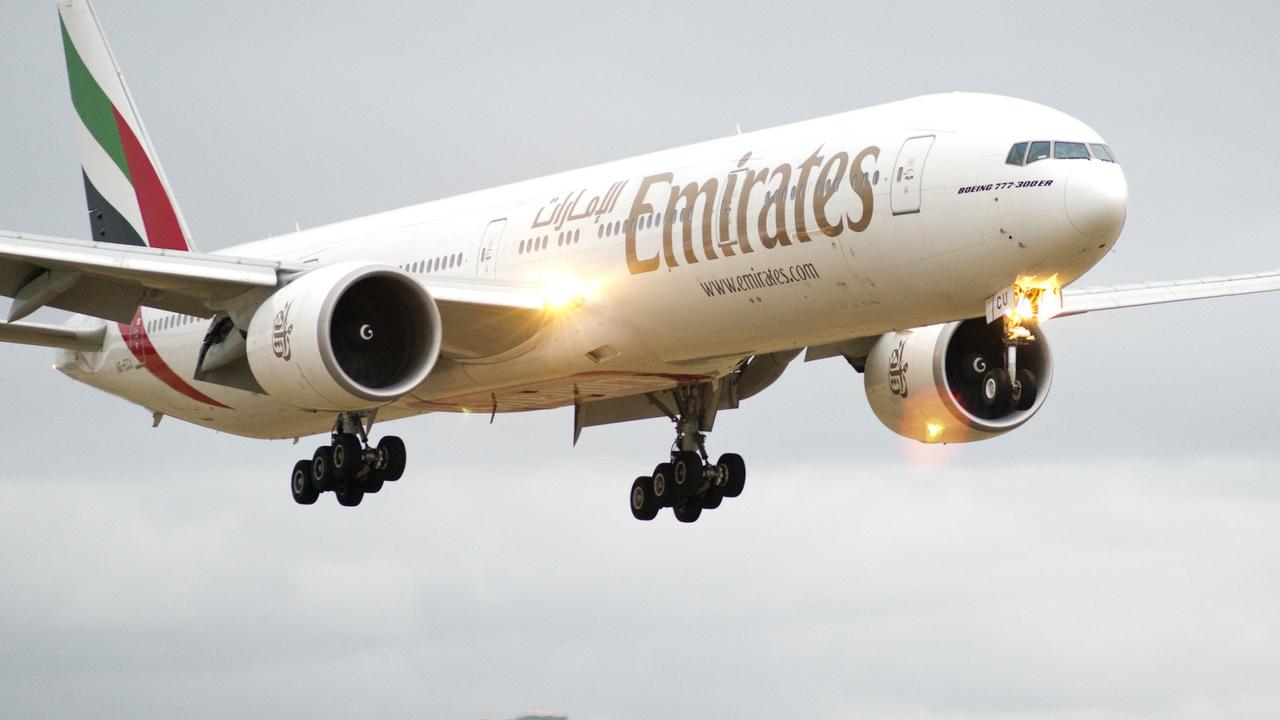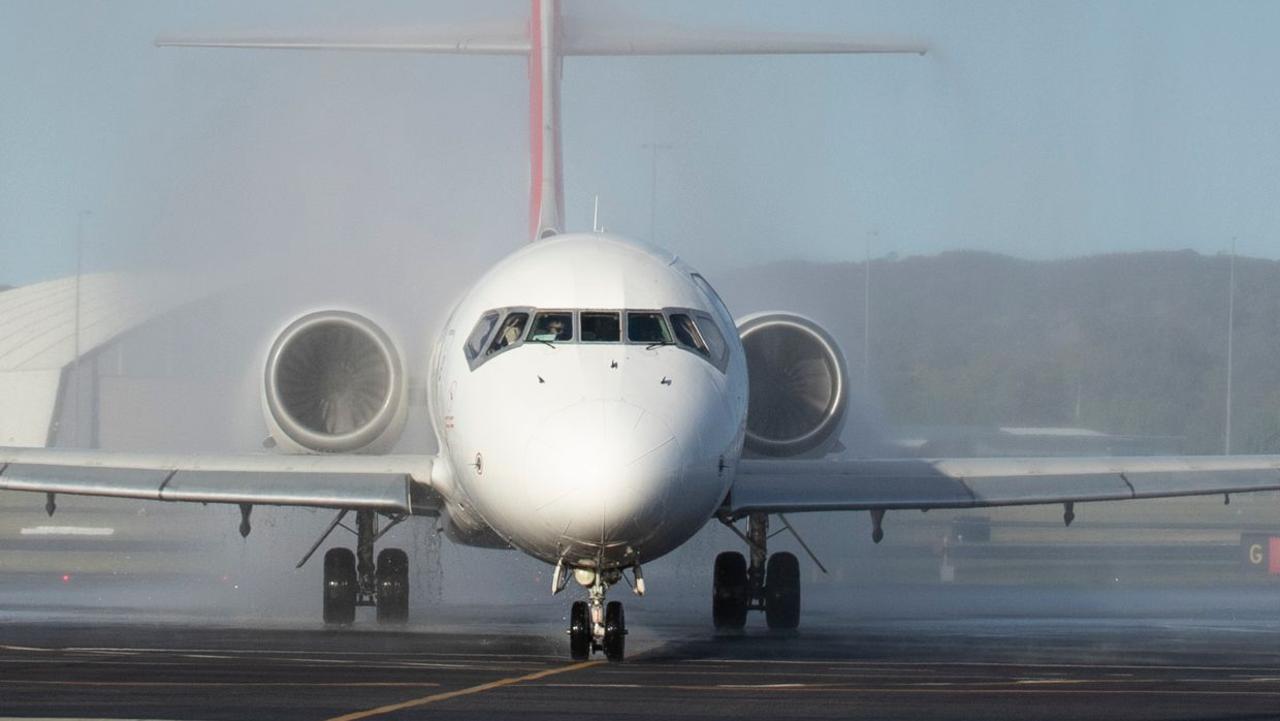Figure shows disheartening amount of Australians who want to travel overseas
As Australia begins to open up to the world, a new study shows many of us have no interest in dusting off our passports.
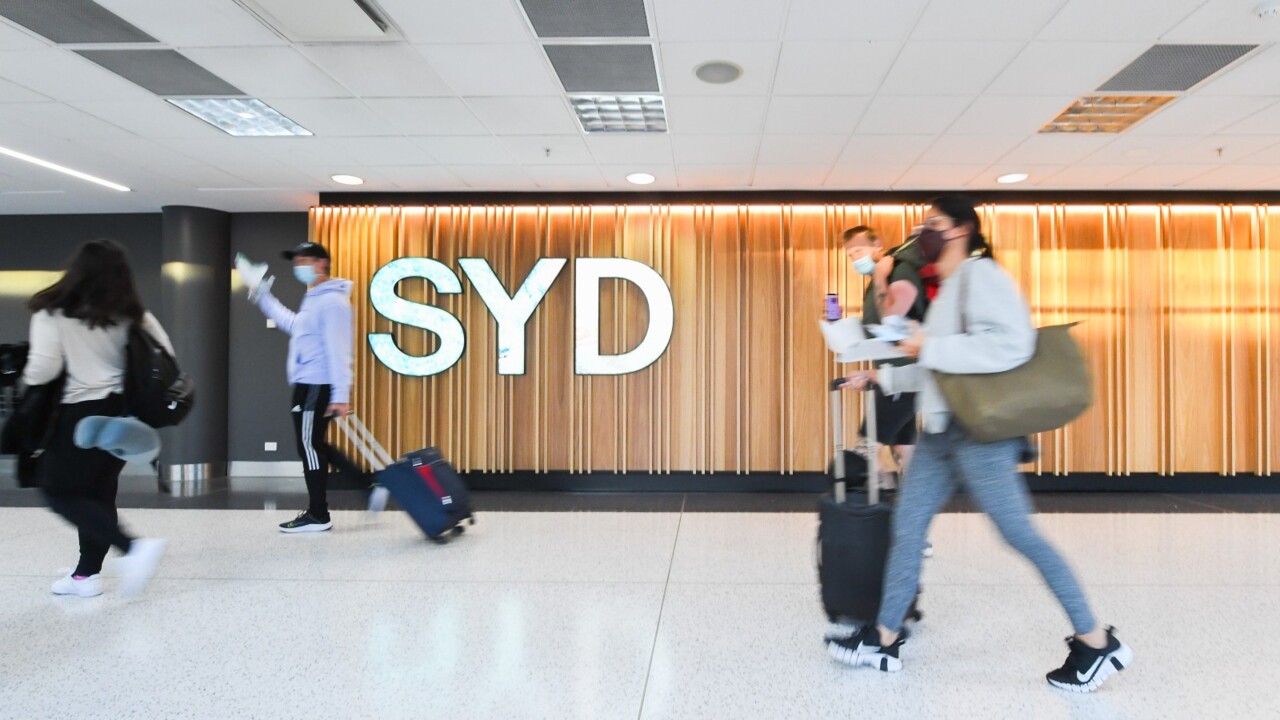
Overseas travel is back, but Aussies appear less than eager to dust off their passports and step on board a plane anytime soon.
With international borders being closed for close to 600 days, November 1 marked a long-awaited moment in time for the travel and aviation industry.
Essentially, vaccinated Australian citizens and permanent residents will now be able to travel overseas without having to quarantine upon re-entering our shores.
The elimination of quarantine in NSW, Victoria and the ACT has been dubbed a “game changer” and will make Australia as a destination more appealing when tourists are allowed into the country.
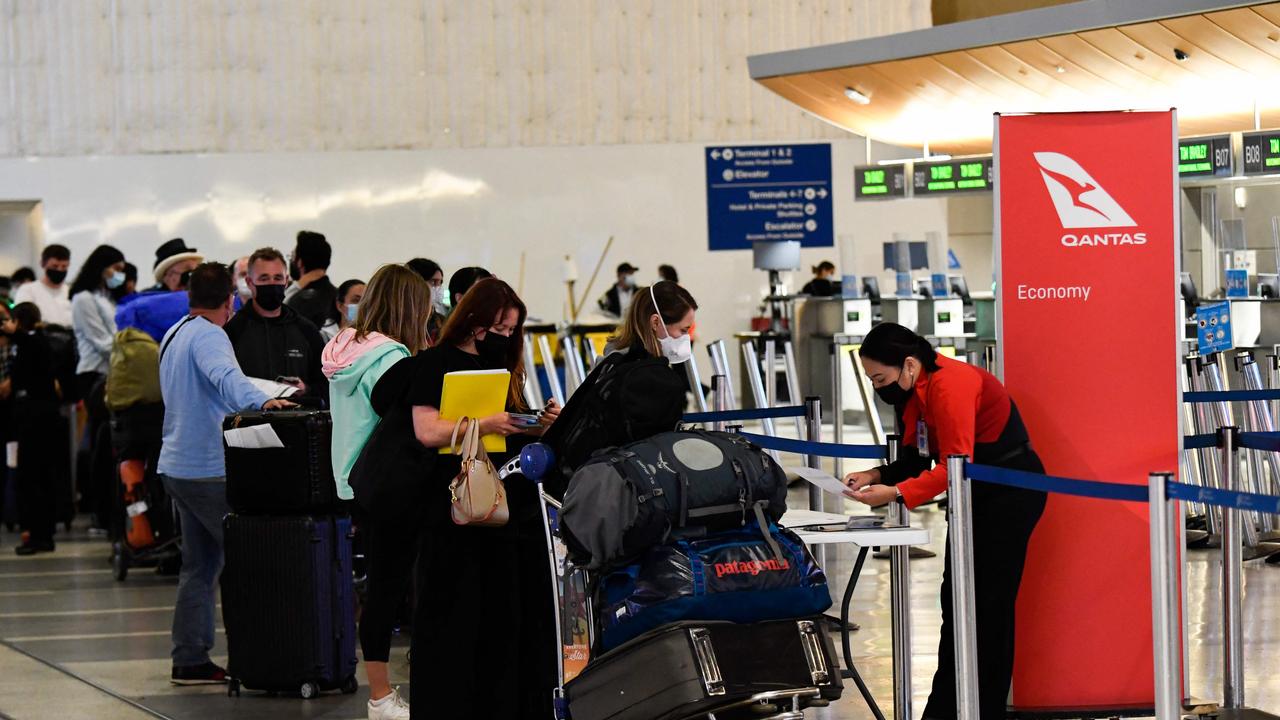
But the process of travel overseas, coupled with wavering confidence throughout the pandemic in relation to our borders, as shown a “lukewarm” approach to overseas travel.
In a study conducted by the University of Queensland, just 51 per cent of Australians plan to travel overseas now international borders are open.
The online survey of 560 Australians conducted by Associate Professor Gabby Walters of the university’s business school, also revealed that New Zealand and Europe are set to be the most popular destinations for those keen to travel again.
Dr Wallters said the results also showed that 33 per cent of Australians would prefer to travel domestically, while 16 per cent said they would not travel at all.
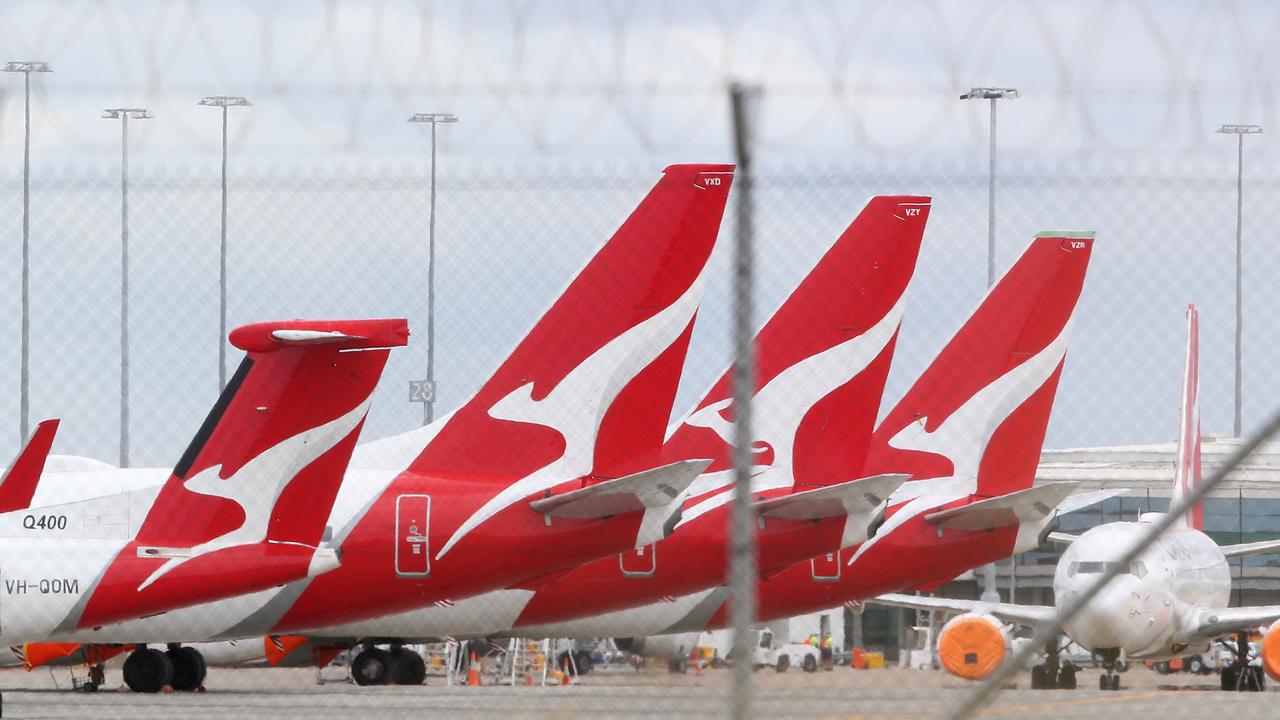
“This shows there may be a lukewarm response to the opening of international borders for the first time in 18 months,” Dr Walters said.
“Compared to the April 2020 survey, people’s sentiment towards COVID-19 has changed,” she said.
“Previously, people felt uncertain and uneasy about the virus and this makes sense because in April last year, no one knew what was to come.
“This latest survey indicates that while uncertainty still comes in second place, the most common feelings are of restriction and frustration, even though people are reporting feeling slightly more scared and anxious about the virus than they were 18 months ago.”
In an interview with news.com.au, Sydney Airport CEO Geoff Culbert said that while excitement is certainly back in the air, reaching the sort of passenger figures experienced in 2019 won’t happen overnight.

“What we are seeing with forward seat capacity from Sydney, we think we will be upwards of 60 per cent recovered by the end of the year,” Mr Culbert predicted.
“International will be a bit slower. We will be around 20 or 30 per cent recovered by the end of the year and growing from there into the new year.”
The airport boss said there is still apprehension when it comes to international flights, because airlines and passengers alike are still coming to terms with the new settings around overseas travel.
“They want clarity on the testing regimens and what restrictions might apply,” Mr Culbert said.”
Dr David Beirman, Senior Lecturer in Tourism at the University of Technology, said travellers will be more wary of the Covid situation in their destination, which may reduce appeal should a certain country be spiking with cases. Dr Beirman said the other factor around hesitancy was the new costs associated with overseas travel.
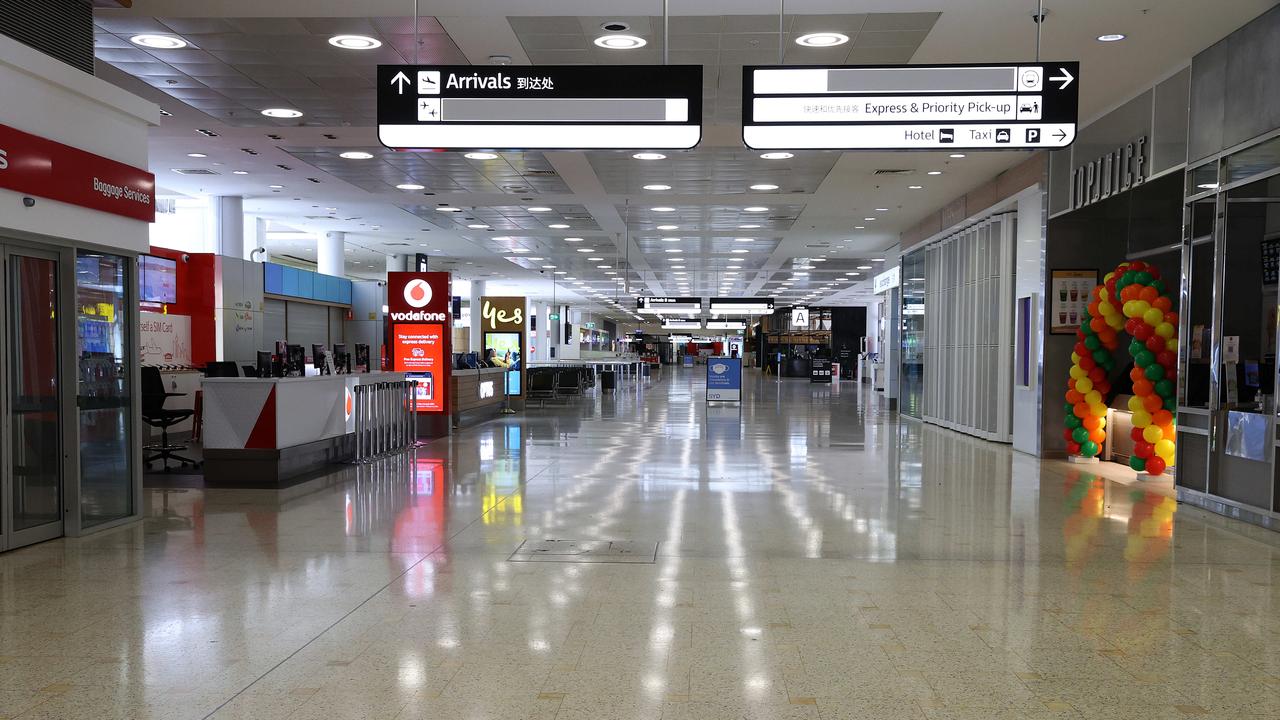
“In addition the costs for pre-departure, post arrival and return tests for travellers are significant in terms of cost and complicate travel arrangements,” he told news.com.au.
“For families especially, these costs are high.
“While uncertainty still exists, despite the desire for many Australian to resume international travel many are preferring to wait until the situation and the bureaucratic barriers are lower.
For family groups especially, a domestic holiday looks a lot more straightforward than risking an international trip.”
Dr Beirmanthe flood of Aussies who want to travel internationally will not translate into bookings “for several months” until there is confidence that governments in Australia and overseas will not reintroduce border closures, quarantine, frequent testing and a range of other restrictions on travel.




